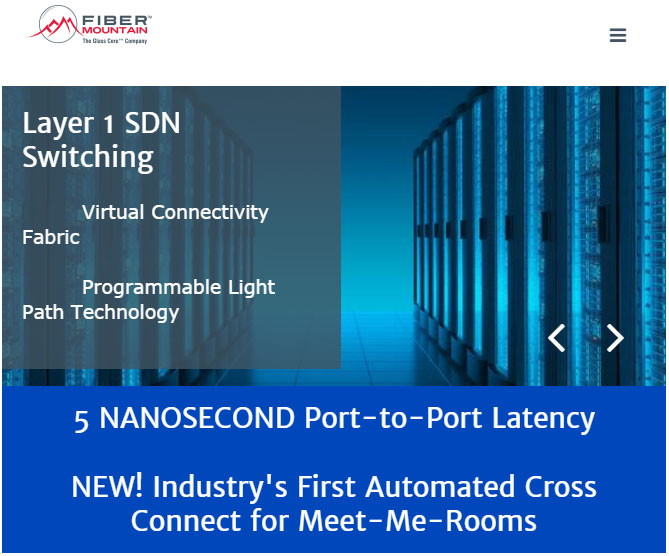HP's New Operating System Puts Focus on Data Centers
Data center operation these days is a big deal; a lot of information goes through such things, and can mean the difference between highly efficient operations and operations hopelessly stuck in the past. But establishing and operating data centers can be difficult, and HP wants to make it a little easier with the launch of its new open source operating system geared toward networking in the data center.
HP joined in with a select few major vendors to bring together this operating system, which some believe has the potential to match or even beat the likes of Cisco, who currently dominates the market in data center networking. Recent moves in the data center have seen companies from Brocade to Dell and beyond trying to disconnect software from hardware in the data center, which in turn meant that the control plan and the packet forwarding plane of the network would have less contact.
That move in turn is allowing companies to better compete with Cisco and chip away at its dominance, particularly as more companies look to use the network in different ways, as seen in software defined networking (SDN) or network functions virtualization (NFV). Cisco, meanwhile, has stuck to more of a walled-garden approach, bringing out a proprietary SDN system called Application Centric Infrastructure, along with support for OpenFlow via the Cisco Extensible Network Controller, as well as distributing the OpenDaylight open SDN controller and providing support for open protocol BGP EVPN.
But what's particularly noteworthy here is that Cisco may have been caught flat-footed by these changes. Increasingly, vendors are putting support behind open source network operating systems—like that currently being offered by HP—and even some of the bigger names in the field are starting to embrace that open source philosophy. HP joins firms like Arista, Broadcom, Intel and Accton, who are putting out support for the system. Even Brocade—via its CEO, Lloyd Carney—recently described how specialized networking solutions were likely on the way out, replaced by a combination of commodity servers and specialized software options.

HP isn't exactly a new-and-cool start-up company any more, and it would have been easy to think of HP as part of that “old guard” that's only just starting to come around to this concept, instead of being one of the biggest firms at the vanguard of such operations. That's a point even GitHub's Brandon Keepers spotted, noting that HP was one of the first big names to embrace Linux, but subsequently “...flipped around and became this really rigid, typical corporate organization.” But this seems to be changing, perhaps in light of HP's recent reversals in the field. Who doesn't remember the HP TouchPad, after all? HP responding to customer interests is a welcome development, and with so many customers seemingly interested in the open source alternative, heavy on the specialized software, HP may well have seen the writing on the wall for proprietary hardware and is taking advantage of this change to pursue Cisco's top slot.
HP has certainly been making a lot of moves lately, bringing out new products, shaking up old beliefs...it may well be that this is a company that's going to do its level best not to stay stuck in the “rigid, typical corporate organization” mode and instead deliver more on what its new customers want. Nothing wrong with delivering a great customer experience, and that might be what HP has in mind here.
Edited by Maurice Nagle


